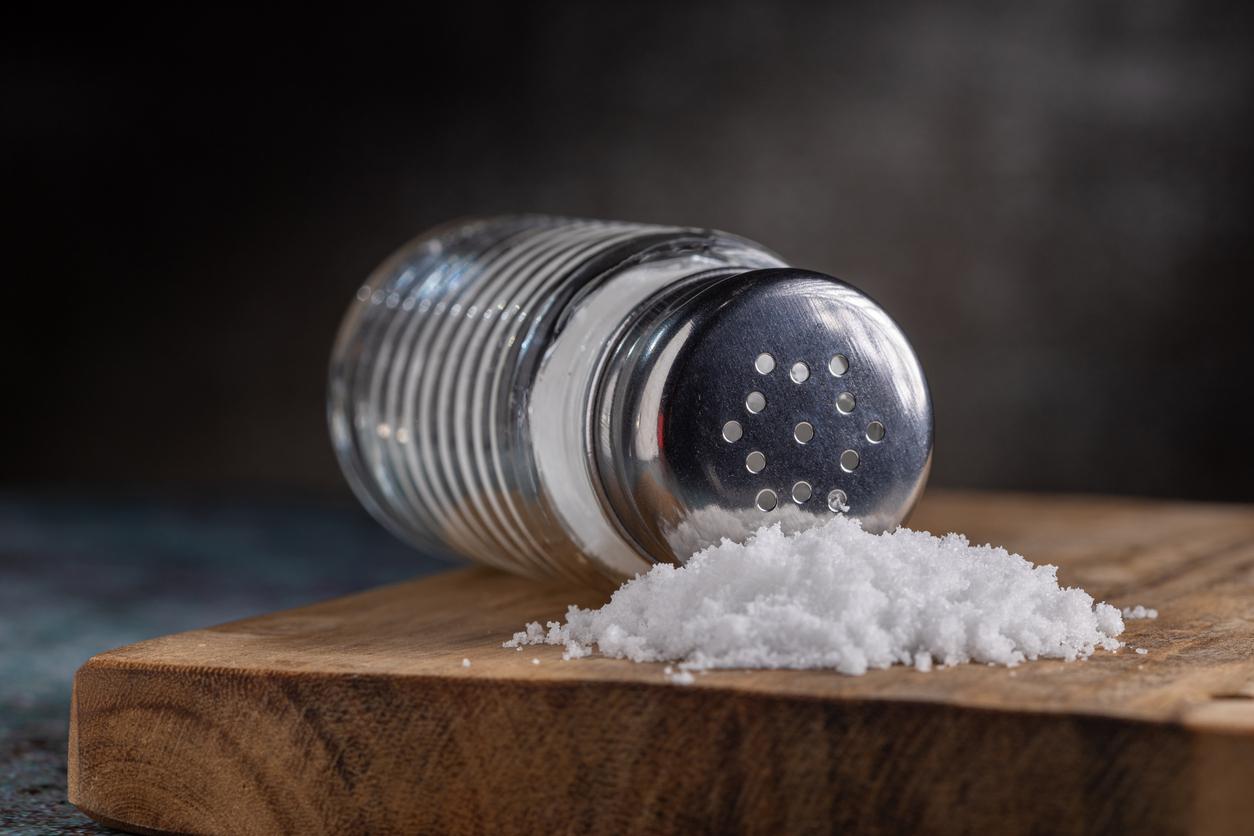When a blood vessel is obstructed in the heart (infarction or pulmonary embolism) or in the brain (stroke), you have to act quickly! “The faster the intervention, the greater the chances of survival and functional recovery.“, insists Professor Alain Furber, head of the cardiology department at the Angers University Hospital. However, “one of our studies shows that women call the Samu on average 123 minutes after the onset of symptoms, compared to 78 minutes for men ” , deplores Pre Tabassome Simon, doctor and researcher in pharmacology.And for good reason, too many women are still unaware of the warning signs of these diseases…
Poor knowledge of certain symptoms
On the occasion of World Heart Day, a team of researchers of Public Health France questioned 5,074 people, aged 18 to 85, residing in metropolitan France about cardiovascular diseases. Objective: to assess the knowledge of the French population of the symptoms of infarction and the behavior envisaged in the face of symptoms of heart attack or cerebrovascular accident (CVA). They discovered that just under one in two people (46%) feared a heart attack. And that the symptoms are not all known.
- 94% identify pain in the chest that radiates down the left arm to the jaw as a symptom.
- 80% experience shortness of breath on exertion
- 70% palpitations and 68% persistent fatigue
- 49% experience persistent back or shoulder pain
- 38% for nausea, pain and digestive disorders.
In addition, 36% of respondents knew that the symptomatology of the infarction could differ between men and women.
Faced with symptoms of heart attack or stroke, 58% said they would call the Samu, 32% the firefighters, 9% would go to the emergency room themselves and 2% would call their doctor.
Read also :
- After a heart attack, avoid being too irritable
- 4 gestures to take care of your heart
- The real enemies of women’s hearts


















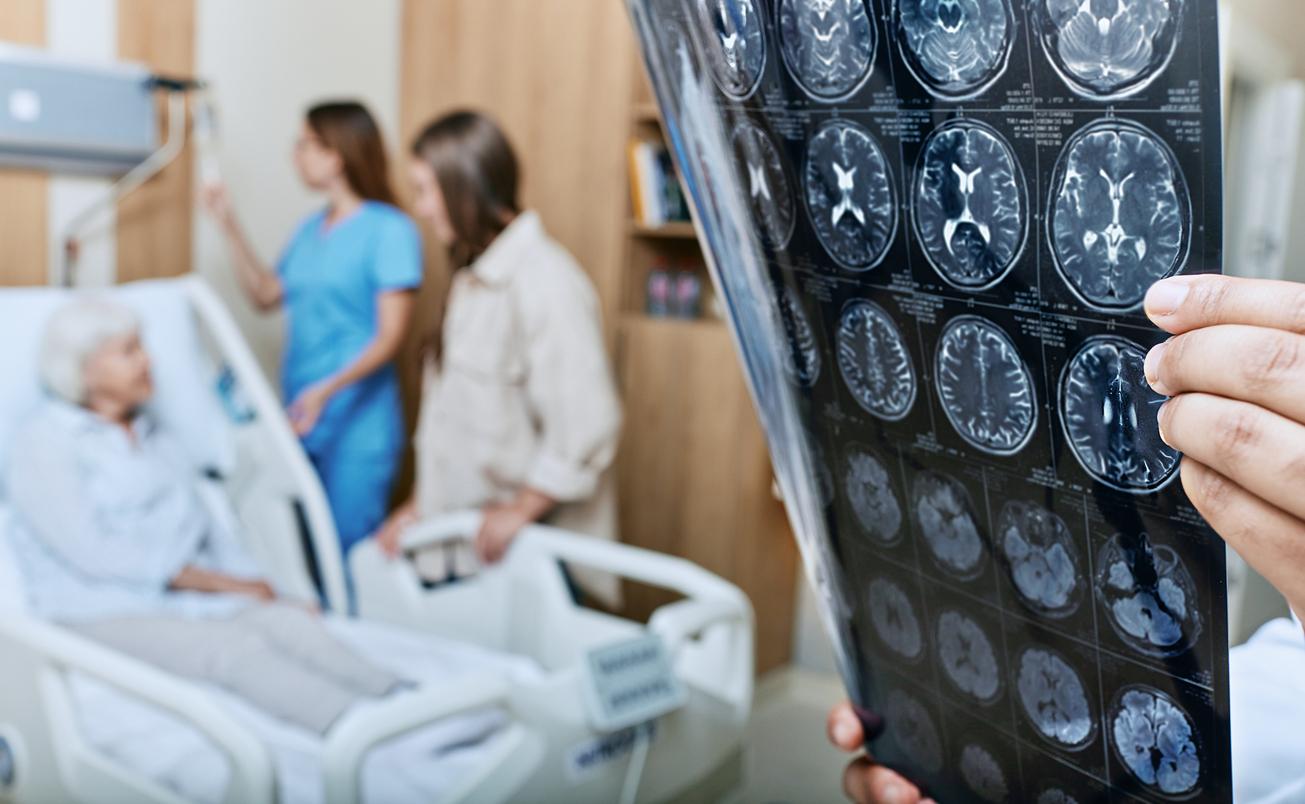
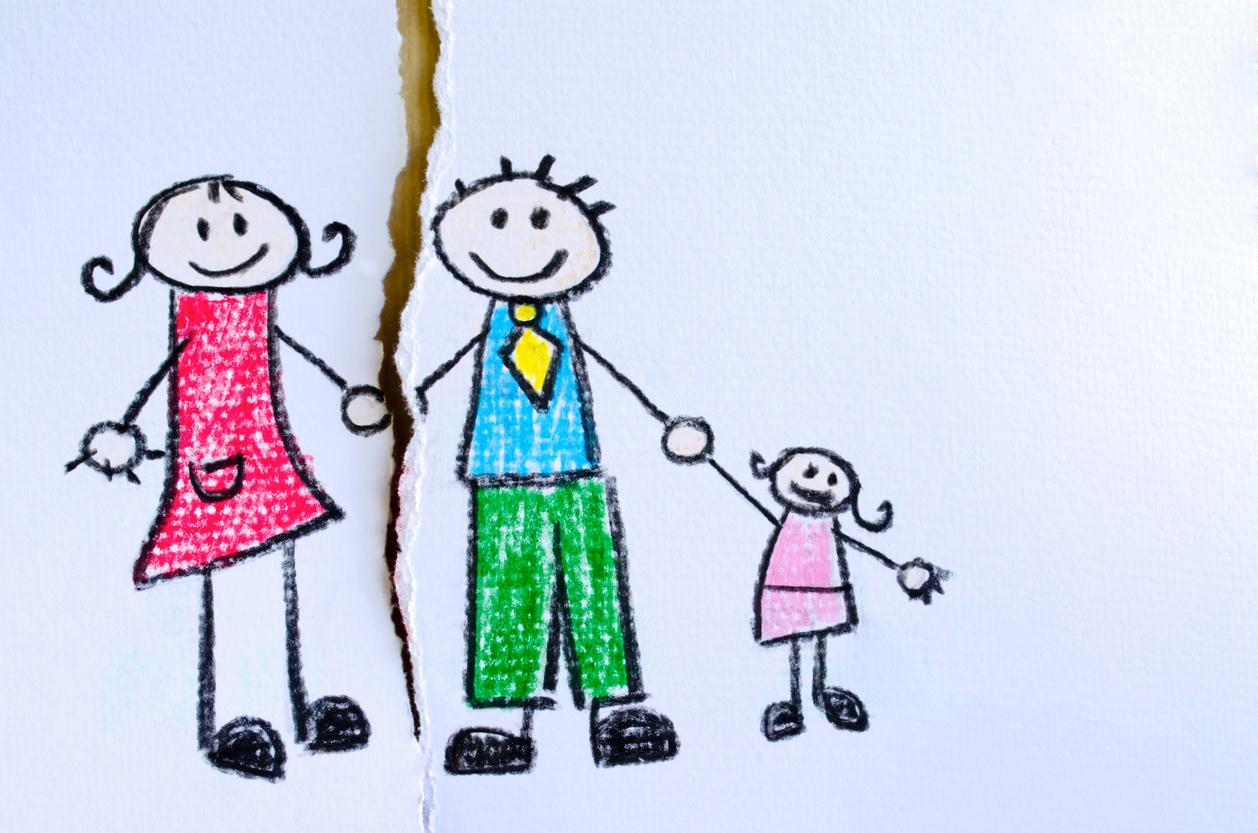

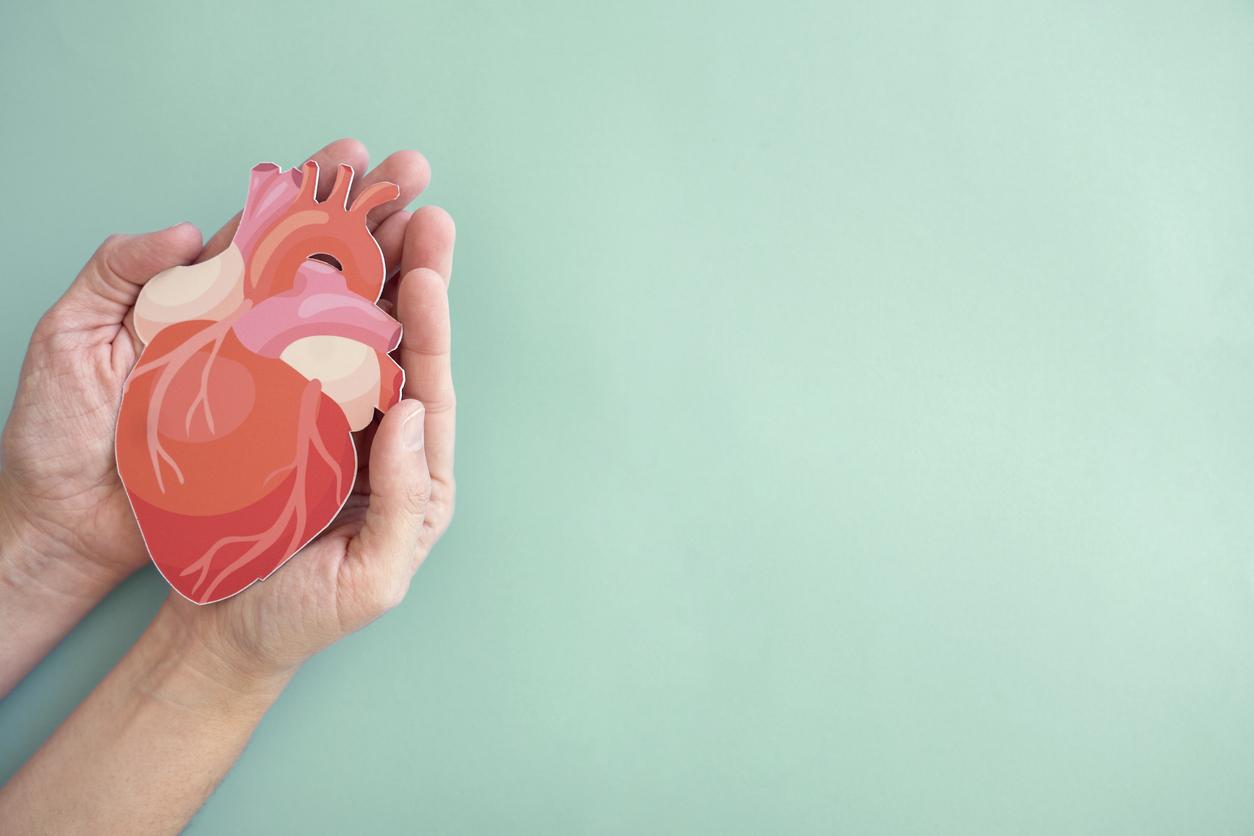
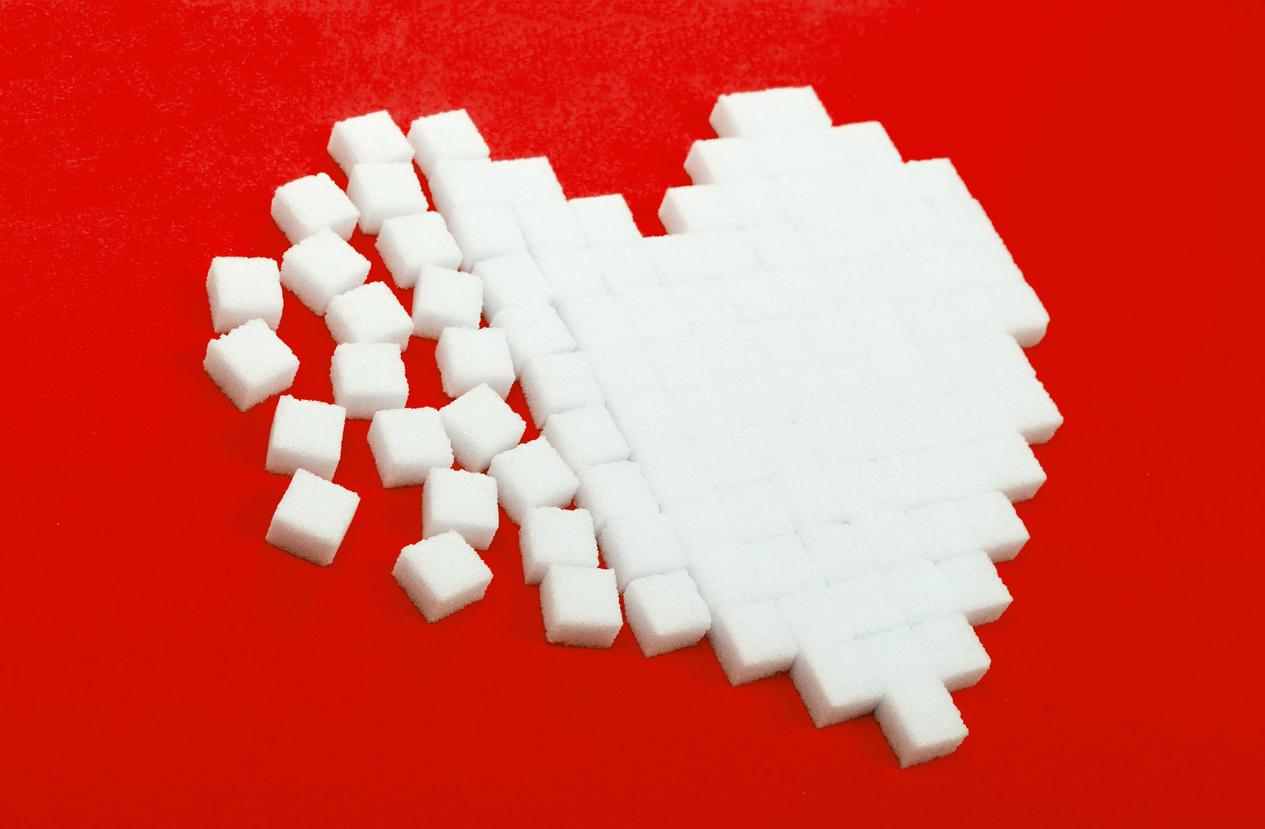
-1739366311.jpg)
